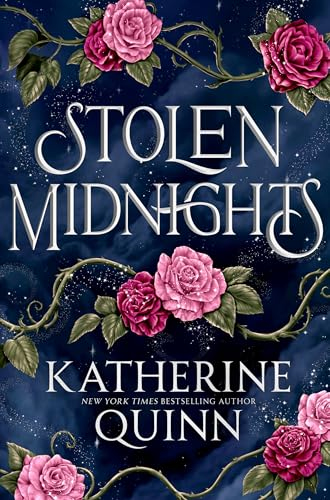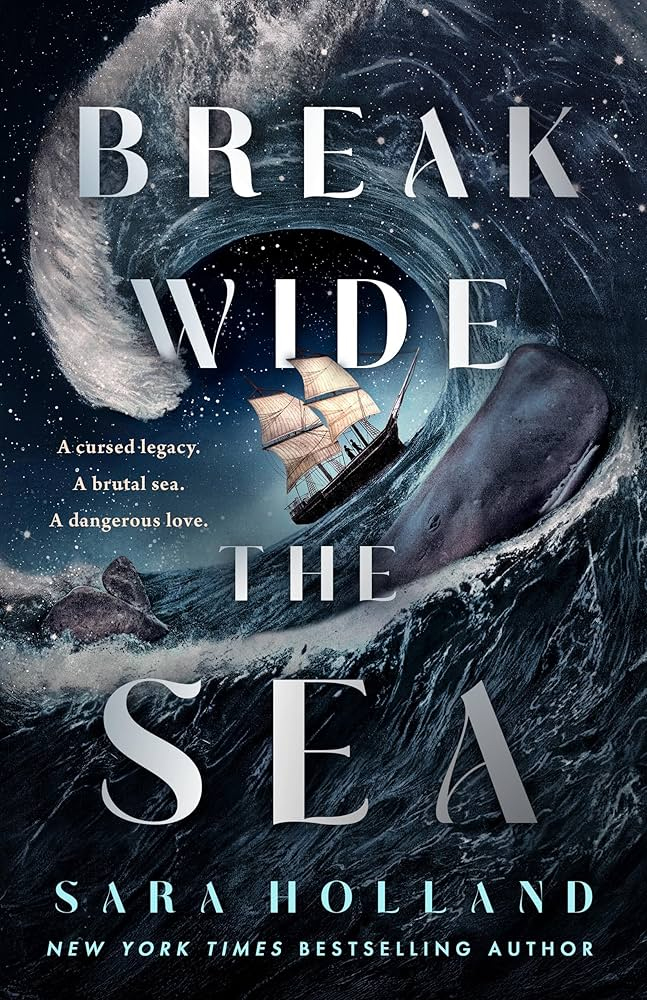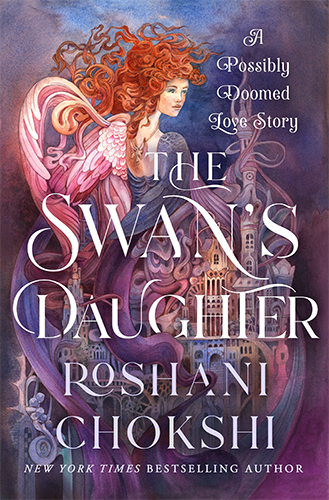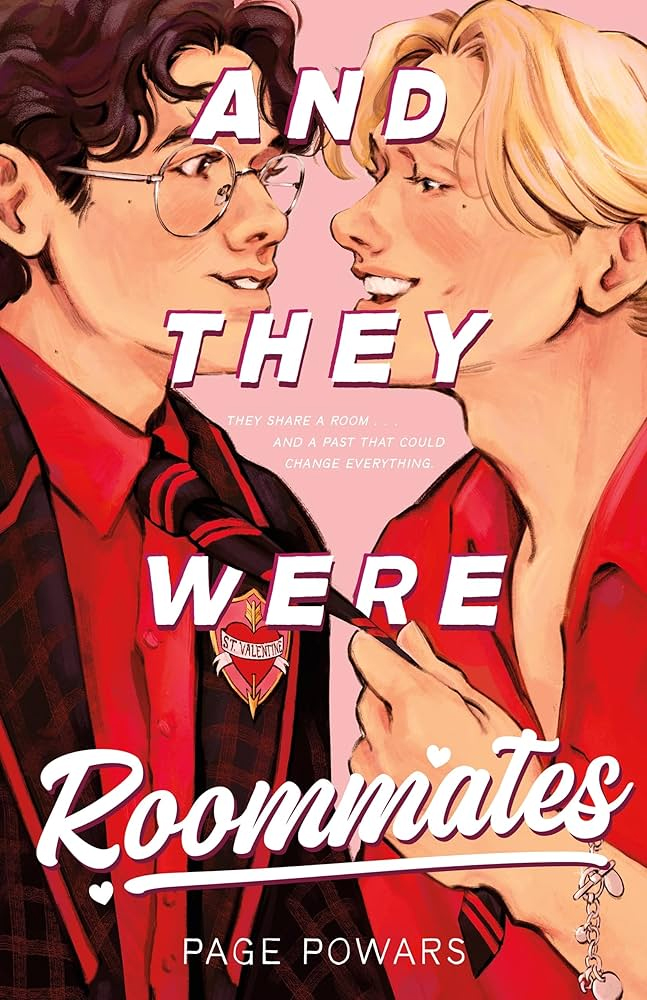Babel by R.F. Kuang is a dark academia historical fantasy about language, empire, and the uneasy relationship between knowledge and power. I think what surprised me most about this novel is how gripping it is despite how dense it can be. This is a long, research-heavy novel about translation, colonialism, and academia that reads like historical fantasy on the surface. Underneath, it feels like a sustained argument about language and power, wrapped inside a dark academia setting that the book both loves and interrogates at length. Kuang invites readers to admire the beauty of scholarship while also confronting the systems that make that beauty possible, which gives the entire book a sense of urgency and forward motion.

Translation means doing violence upon the original, means warping and distorting it for foreign, unintended eyes. So then where does that leave us? How can we conclude, except by acknowledging that an act of translation is then necessarily always an act of betrayal?
R.F. Kuang, Babel
One of the ideas that runs through the entire story is that language is never neutral. In Kuang’s version of Oxford, translation quite literally fuels empire through silver-working, a magical system powered by the subtle gaps between languages. It is such a smart way to make an abstract idea feel tangible. Language already shapes whose histories are recorded, whose stories are believed, and whose perspectives are centered. The novel simply makes that power visible.
The book also feels very in conversation with criticisms of the dark academia aesthetic in general. The libraries and lecture halls remain intoxicating and nostalgic, but the story refuses to romanticize the institution behind them. Academia is shown as a place that produces knowledge while also benefiting from colonial extraction. That tension gives the novel a sense of urgency that feels very current.
English did not just borrow words from other languages; it was stuffed to the brim with foreign influences, a Frankenstein vernacular. And Robin found it incredible, how this country, whose citizens prided themselves so much on being better than the rest of the world, could not make it through an afternoon tea without borrowed goods.
R.F. Kuang, Babel
While reading, I kept thinking about Ngũgĩ wa Thiong’o’s Decolonising the Mind (even though the text isn’t directly referenced). His argument that language carries culture, hierarchy, and systems of domination feels central to every character arc. Separate from Ngũgĩ’s work, but very much in conversation with it, is the historical reality that colonial translation was rarely neutral or precise. British officials often depended on local printers, teachers, and scholars to translate English texts into regional languages, and because those officials were not fluent themselves, the results could be uneven, interpretive, or simply wrong. Those translations were then printed and reprinted until they became their own authoritative versions. Even Shakespeare exists in radically different forms across languages because of this history. That reality makes the novel’s focus on translation feel especially sharp. Language becomes both a tool of control and a site of slippage. Over time, that same linguistic space was sometimes used to resist colonial oppressors. People learned the language of power and then used it in ways the empire never intended. The characters in Babel follow that same trajectory as they begin to realize that the skills meant to sustain the system might also be used to challenge it.
The question of violence sits at the center of the novel and will likely be the most divisive aspect. Kuang pushes the story toward a conclusion that refuses easy or comfortable resolutions. One line in particular captures the book’s moral tension perfectly:
This is how colonialism works. It convinces us that the fallout from resistance is entirely our fault, that the immoral choice is resistance itself rather than the circumstances that demanded it.
R.F. Kuang, Babel
That idea connects closely to the novel’s recurring claim that translation is a form of betrayal. Every act of translation alters the original, reshaping it for new audiences and new purposes. By the end of the novel, that concept extends beyond language. The characters themselves are forced to confront what it means to reshape their loyalties, their identities, and the institution that shaped them.
It’s also worth noting that Kuang’s style may not work for every reader. The narrative includes footnotes, linguistic digressions, and historical context that slow the pacing at times. For me, this was one of the book’s strengths. I studied postcolonial theory during my doctoral work, so the intellectual foundation felt purposeful and familiar rather than overwhelming. I think the academic texture gives the novel a sense of conviction that fits its subject.
What stayed with me most after finishing Babel is how deliberately it dismantles the romantic fantasy of academia while still acknowledging the beauty of language itself. The book never suggests that learning, scholarship, or translation are inherently harmful. Instead, it asks what happens when those pursuits are shaped by systems of power and inequality, and it pushes that question toward an agonizing conclusion. It is a dense and demanding novel, but also a deeply rewarding one. It feels especially resonant right now, and it left me thinking long after the final pages.




